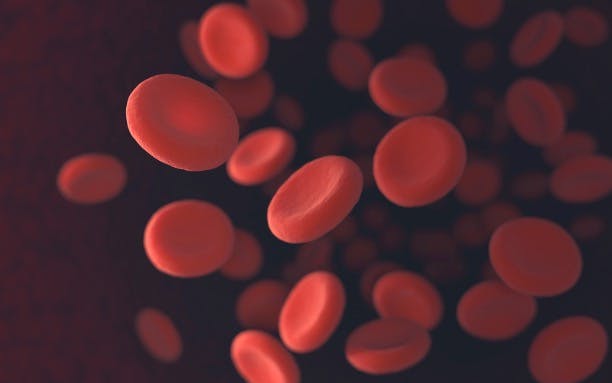A reminder of how important it is to build inclusive health structures which care for all
By Juliette Becuwe, Incisive Health
World Sickle Cell Awareness Day, observed annually on 19 June, aims to raise awareness and advocate for people living with sickle cell disease (SCD). By designating this specific day, the international community seeks to shed light on the challenges faced by this patient community and call for better healthcare and support systems.
Undeniably, the SCD community deserves attention. In the EU alone, over 30 million people live with a debilitating and chronic rare disease, and of these, more than 52,000 people suffer from SCD, which makes it the most common rare condition in Europe.
However, there is a significant lack of knowledge and understanding of this condition. Despite its prevalence in Europe, many non-specialist healthcare professionals, including those in emergency services, have little awareness of SCD. This can lead, among other things, to a lower quality of care for patients.
SCD is an inherited blood disorder that alters the shape and consistency of red blood cells. Instead of being round and flexible, these blood cells become sickle-shaped and rigid, and are destroyed faster than they can be replaced. Their deformed shape leads them to clog small blood vessels, blocking the flow of blood and oxygen to the body. As a results, patients experience severe pain, infection, acute chest syndrome and stroke. Most people affected by SCD have to live with significant lifelong morbidities and their life expectancy is of approximately 30 years shorter the general population.
Additionally, this patient community also faces numerous challenges due to the stigma associated with their condition. SCD affects predominantly affects people of African, Mediterranean, and South Asian descent who are already facing inequalities in European healthcare systems. Misunderstanding of the disease, particularly its episodic pain which often requires the use of opioid-based analgesics, can lead to delays or inadequate care being provided when patients seek emergency services.
Furthermore, many patients face prolonged waits before obtaining a diagnosis, allowing the disease to cause irreversible damage. Faster diagnosis would lead to early intervention, more preventative treatment, a reduction in childhood mortality, and a radical improvement in patients’ quality of life.
In this context, universal newborn screening is the most effective – and perhaps the only – way to ensure early detection of the condition. In the EU, although several countries have made universal newborn screening systematic, there is still a wide variation in access. This means that people in Europe don't all have an equal chance of receiving early diagnosis and treatment depending on the country in which they live.
This is where supra-national institutions can step in to ensure that those who are already experiencing difficulties in accessing care have better life prospects. This can be done by encouraging Member States to harmonise their policies so that patients have the same chances.
On World Sickle Cell Awareness Day we are all reminded of the importance of designing inclusive healthcare structures which respond to the healthcare needs of all.
